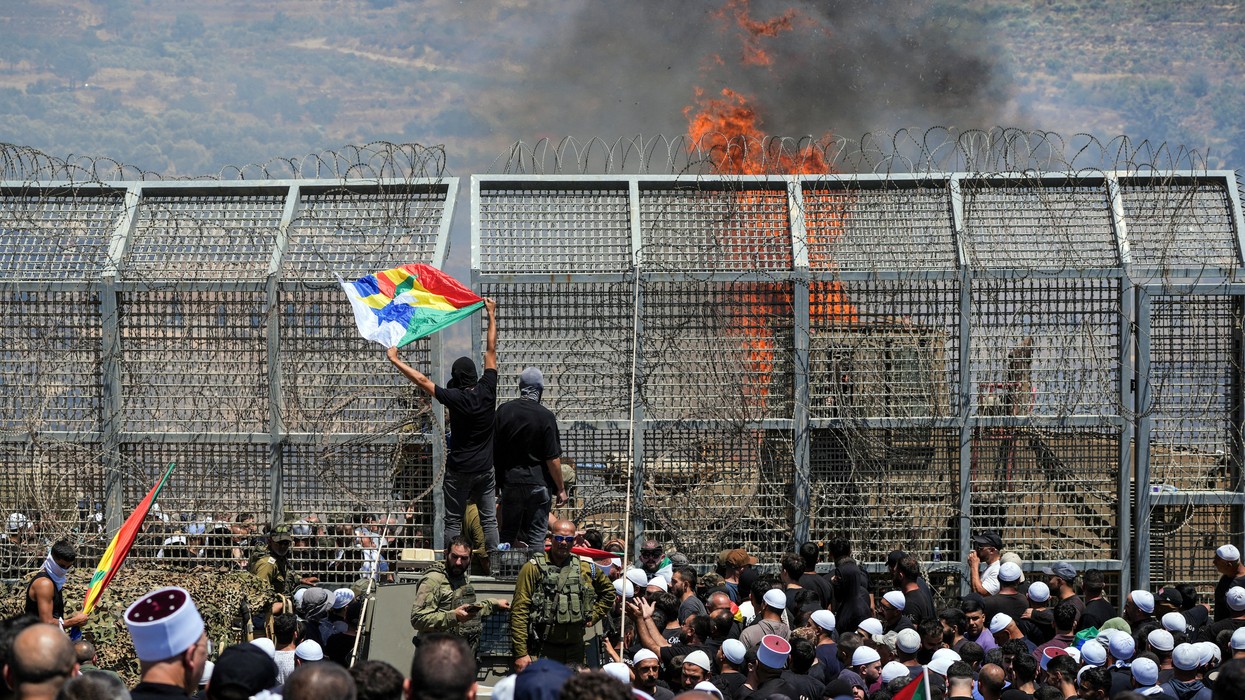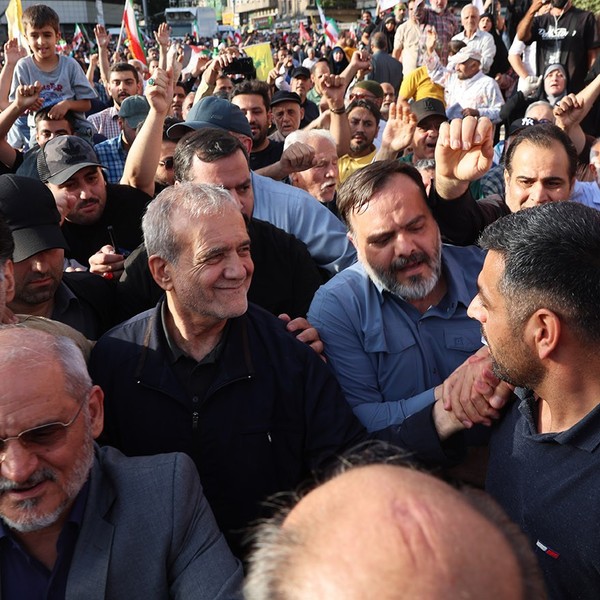One spring day in 1984 I walked with my daughter, Caitlin, down a stone path past the black gash in the earth that has come to symbolize the blackness and failure that was the American war in Vietnam. I wanted her to see it.
As we reached the middle, the fold where one side of the wall ends and the other begins, tears were running down my face.
My daughter, who was 13 at the time, looked up and asked me, “Daddy, why are you crying?” My answer was simple: “because there are 58,000 names here that should never have been here.”
Afghanistan is the Afghan word for Vietnam. At least for Americans. Vietnam was where the American fantasy of “goodness,” right intentions, virtue, went to die. For this generation, Afghanistan (and Iraq) have provided the same opportunity.
Oh, yes, Afghanistan is different. Every war is “different.” Far fewer American soldiers have died there; far fewer lost their ability to function physically or, especially, mentally. America was not as divided as we were over Vietnam; hell, most Americans probably don’t even know where Afghanistan is. There have been fewer street marches, Yippee street theater performances, tear gas. America has been pretty silent for this one, unlike the last one. Absent a draft, few were directly vulnerable to military service, so no skin in the game, no card burnings.
And yet, even from the simple national security perspective, 20 years in Afghanistan seems to prove that Americans never learn anything, at least, not for long. Same silly assumption of rightness, same feeling that we had a mission not only to win, but to establish freedom and democracy in another country. Same damn waste of money, fostering even deeper corruption where the “good guys” went to make everything better. Same phony rhetoric about the bright light shining just around the curve of the tunnel leading to darkest failure.
Even the same dogged, impervious enemy who knew the country and its people, knew how to prevail, could keep supplying weapons and troops from a “rear area” outside the country, and could claim, in the end, that this land was their land, and the foreigners would eventually be worn down and leave.
The same goes for the dusty air bases, miniature reproductions of the American mall, where the occupiers could hang out in safety, pretend it was not happening: the fear, the suicide blasts, the elusive enemy, the locals who gave them bitter looks from behind, as they walked by carrying 100 pounds of gear, some of it lethal. The same endless parade of politicians and policy straphangers in temporary bullet-proof vests, sent out to get an instant brief on failure, wrapped in the mantle of “progress.” They took in the Potemkin briefings by officers in crisp fatigues who knew how to dazzle and may even have known they were lying — call it “making stuff up.”
Like Vietnam, we brought promises of a productive, democratic future to a government that really only controlled urban areas and virtually none of the Afghan countryside. So what happens to the locals who had attached themselves to the foreign military and corporate machine? They hoped for income, for America even, believing the bulky invading behemoth would bring them modernity, democracy, jobs, security, peace — how do they fare?
God, have we been here before. Even the end game is familiar. A few generals and admirals, once they have retired, will tsk-tsk and say they always knew this was a doomed enterprise, even though they urgently pursued combat before they took off their uniforms. The David Petraeus’s of the world will stride confidently into TV studios to declare what a terrible mistake the president’s decision to leave is, to abandon a cause that could have been won, and won, and won, 20 years beyond time. How our “credibility” was shot to hell by “cutting and running.”
And round and round we will go — only the American people will care even less than they did about the failure in Vietnam. Some of the returnees will fold their uniforms in a trunk somewhere up in the attic or a box in the tool room in the basement and try to forget about it. Many will march into post-uniform jobs and do well, make money, even.
Others will hit the saloon, lose themselves in a glass of amber liquid, or in an amber-colored pill bottle. Some will help further militarize America’s police forces by taking field tactics and equipment they learned in Afghanistan into American streets to, at least, have “order” and predictability at home.
In the councils of power, down in D.C. where minions scurry from office-to-office offering solutions and promises disconnected from reality, the next generation of policy-makers will conjure new dreams of empire and influence. Maybe there’ll be more soldiers in Djibouti or on U.S. bases in Niger, or scooping out ISIS remnants somewhere in eastern Syria in towns we will never hear about. Or chasing insurgents deep in Mindanao somewhere, where the insurgents are sure to outlast them.
We made the world no better with this war. And, once again, we have lost our soul and shattered more lives — theirs and ours — for generations to come. More names that should never be there.
When will we ever learn?














